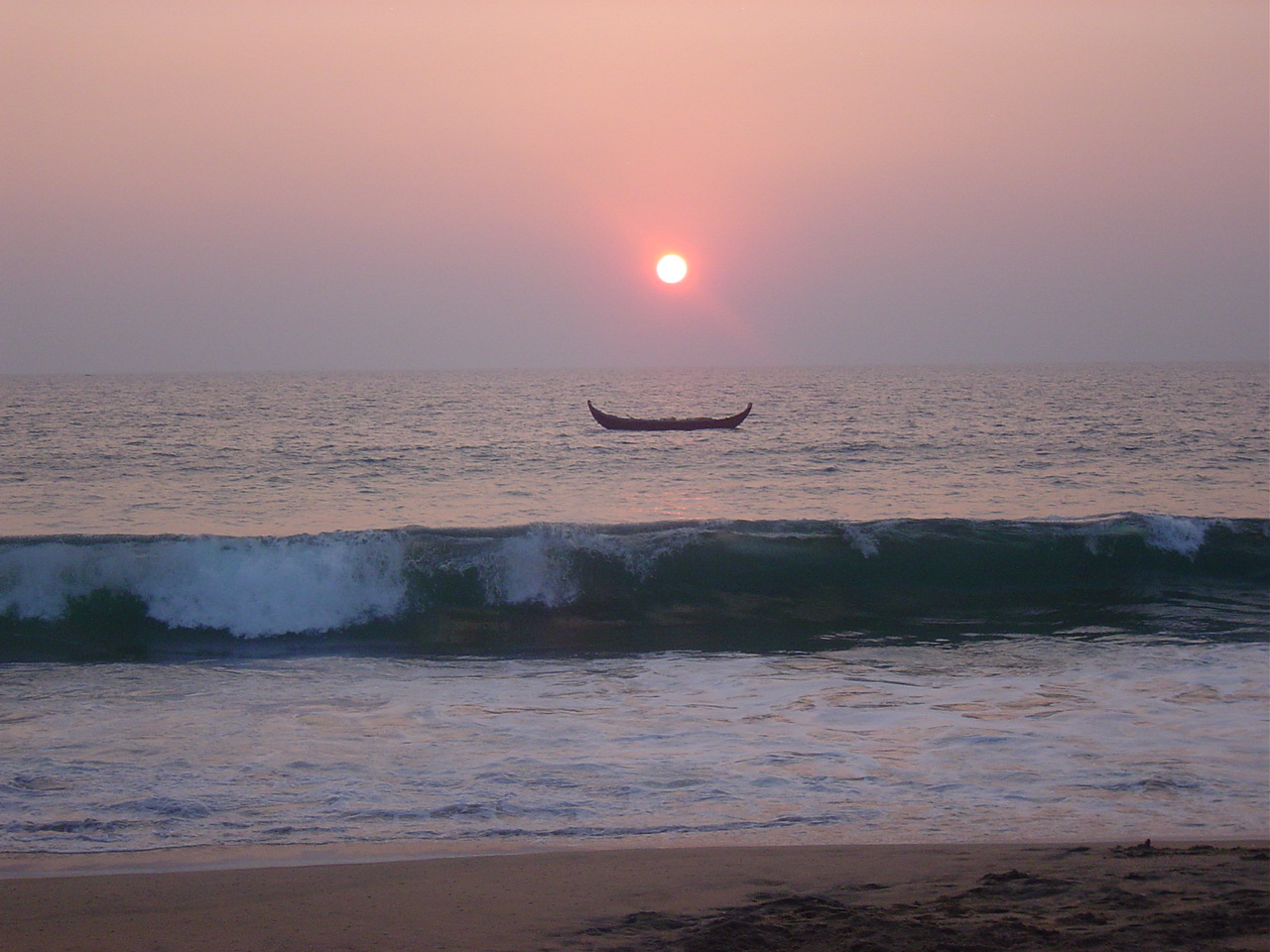Innovations from East India

There is no question about India’s leading position in Information Technology. It may be surprising, however, that the communistically governed state of West Bengal (which has been so for 30 years now) has made amazing progress with regard to IT and is now showing the highest growth rates in India. Through reforms following the Chinese example, the democratically chosen government is actually pursuing the aim of ensuring education and prosperity for the over 80 million inhabitants. Kolkata, West Bengal´s capital, is turning into one of Asia´s new High-Tech centres. Also here, the technical revolution has led to the construction of various IT parks and Special Economic Zones. In Kolkata for example, after Sector V in Salt Lake and New Town in Rajarhat a third IT-centre with 630 acres of land is at present arising covering nearly 3 times the area of Salt Lake. Other flourishing IT centres of West Bengal with software technology parks can be found in the cities of Durgapur, Kharagpur, Siliguri and Haldia. Investors can profit from West Bengal`s main strengths: a cooperative government, low cost of operations, highly qualified staff, reliable availability of energy (a rare thing in India), the required infrastructure and good contacts with consulates and associations – all which make this region interesting, and not just for the IT industry. The professed aim of the government is to be one of the Top 3 Indian IT locations in 2010. These plans appear practicable if, as announced, large parts of the population can have access to education and technology competence as well as knowledge of government business (E-Governance). Researchers of West Bengals academic institutions, such as the renowned Indian Institute of Technology Kharagpur not only ensure the education of highly qualified employees but are already cooperating closely with the IT industry. The positive technological changes lead to increased internationalization. West Bengal is becoming a strategic investment location for East and West. Su Yu Xi, China’s ambassador in India, regards Kolkata as the knowledge capital of the country and is certain of the strategic advantages for Chinese business people there. The first large Chinese investment for an Indian IT project will therefore take place in Kolkata. In 2006, the year of the Chinese-Indian friendship, the construction of the Bengal Peerless Nanjing High Tech Industry Investment Zone for 6 million U.S. dollars was agreed upon and initiated in March 2007. Both China and India see the necessity for intensified technological cooperation. Knowledge-based technologies like IT and biotechnology will be promoted in the new zone. After Nanjing, Bengal is planning cooperations with all the Chinese provinces, the first will be Beijing. Apart from this High-Tech zone, AXIS, a futuristic shopping centre with a range of Chinese and European goods on display will also emerge in New Town, Rajarhat. One cultural highlight of this lifestyle complex completed in the summer of 2008 will be a Mozart centre, and even more European presence is possible. This increased orientation to Europe is discernible through innovative media projects like the new European-Indian news agency INEPNEXT or the Bengal Website Europe News Today, projects with the aim of strengthening the exchange of knowledge and experience between the two continents. Kolkata’s principle focus in Europe is Germany. The German ambassador in India, Bernd Mützelburg, is impressed by the new look of the “City of Joy”, Kolkata. He confirms the great support of the dynamic Chief Minister Buddhadeb Bhattacharjee for German investments (e.g. the recent “Hunger Hydraulics”) and points to the corresponding German response like the direct flight from Kolkata to Frankfurt three times a week. Inseparable links between Germany and West Bengal have now been forged and the time has come to diffuse the strengths of this knowledge and technology region to a broader audience.
Text: Anita Shukla
Picture: (c) Purvi Shah-Paulini
Episode 8/21: The Wisdom Workshop 2nd Interview with Ajahn Michael “How does suffering arise?” (German)
Why does Buddha define complaining, birth, sorrow, etc. with the term “suffer”? You could say that these terms lead to suffering. Actually, they are not suffering per se. But Buddha defined it as above. Why? This is one of the questions Ajahn Michael has long asked himself. Through long research in neurology, psychotherapy and psychopathology, he has found tools to exactly understand this. He shares his interesting discoveries with us in this interview. Especially the discovery that Buddha’s teachings are congruent with the aforementioned sciences.
This interview is a continuation of the first interview with Ajahn Michael. But it stands for its own and can therefore be watched independently.
Episode 7/21: The Wisdom Workshop Interview with Ute Marke “The Mad Mom Cycling”
Episode 7/21: The Wisdom Workshop Interview with Ute Marke “The Mad Mom Cycling”
“We are one human race. We all have the same aspirations and dreams … we all have the same hopes … and we all go through the same things. We should stop limiting ourselves to religion, gender, or to national aspects. This is just rubbish in my sense … I just consider myself to be part of the human race. I bow my head towards India, because India allows me to be the way I am” – Ute Marke
Ute Marke whose nick name is “The Mad Mom Cycling”, is a certified economist with sound experience in Telecommunication sector with strong focus on human centered digitalization. Now a days she supports young businesses within the green economy with strategic advice and consultancy. She has enabled life enhancing social projects in Africa and India
Where does her passion for India come from? What has this country given her? What relationship does she have with spirituality and how does she see herself and others see her? And of course we speak about Leadership and Change, resilience and sustainable future. What can German companies learn from India?
Listen to this impressive woman, who learned cycling at the age of 45 and cycled 1000 miles through Lesotho for a good cause and the Himalayas! Ute, you rock and P L E A S E keep on going. You show people around the world, that nothing is impossible and everything starts in your mind: boundlessness or the belief in a life full of boundaries. You are a role model! Thank you for this wonderful and very deep interview. With a deep bow!
Episode 6/21: The Wisdom Workshop Interview with Christian Ahl “Consciousness in Leadership”. (German)
I talk about consciousness, passion and relationships with consciousness mentor Christian Ahl, who has lived experience as a leader for years as a CEO in the industrial world. These attributes (and others) define the life of a leader. “Whenever I interact with someone, I change the relationship,” Christian says. Most problems in companies arise on a human, not a technical level. “At what point do I see development happening in my life?” That’s what we need to bring into our awareness, because development runs through like a thread. We also talk about school system, language and much more and what impact it has on our societies. We agree that there can and should be a coexistence of types and stages of development.
Listen in to this multifaceted conversation.
Episode 5/21: Wisdom Workshop “Business Talk” With Carolin Hambruegge on “Women in business in India”
“Leadership is about making others better as a result of your presence and making sure that impact lasts in your absence.” (Sheryl Sandberg, COO Facebook)
Carolin Hambrügge is a self-employed partner of GPS – Global Procurement Sevice in Germany. In this episode we speak about her experiences in doing business in India and we are also focusing on the aspect “Doing business in India as a woman” since the image of the huge country is rather negative in this aspect.
Enjoy the conversation and Carolin’s professional view as well as her long and deep experience in the Indo-German Business relationships.
Episode 4/21: The Wisdom Workshop Interview with Ajahn (Laoshi) Shi Miao Dao on “Metta” (in German)
Meditation is not about trying to get somewhere. It’s about allowing ourselves to be exactly where we are, and to be exactly who we are, and to allow the world to be exactly who it is in this moment. – Jon Kabat-Zinn –
Metta is a word from the ancient Indian Pali language spoken at the time of the historical Buddha.
It means loving kindness, warmth of heart, benevolence, in a narrower sense it is derived from the words “kindness” and “gentleness.”
Ajahn Michal prefers not to translate it, but to call it just metta.
What this has to do with us as human beings and at the same time with politics and economy, you will learn in this interview, which in my opinion again has a wonderful depth and can show some new perspectives.
Have fun listening!
No Results Found
The page you requested could not be found. Try refining your search, or use the navigation above to locate the post.

